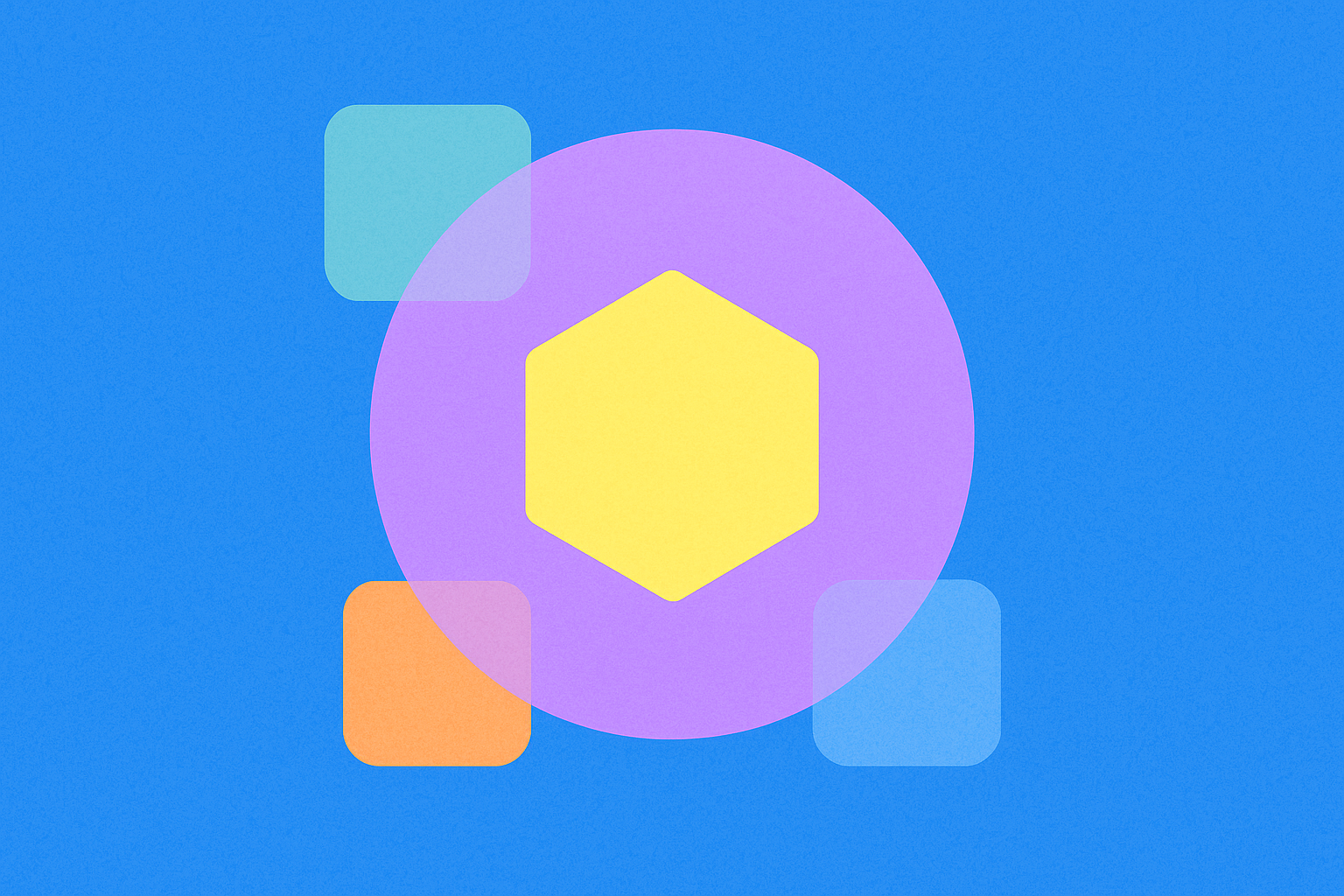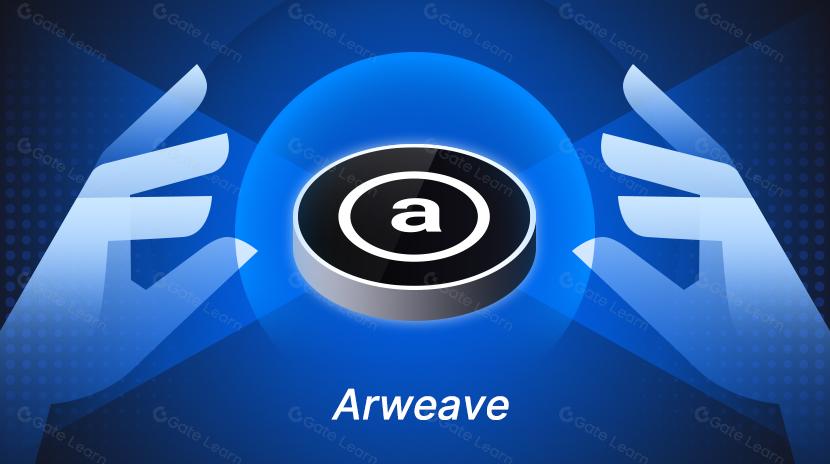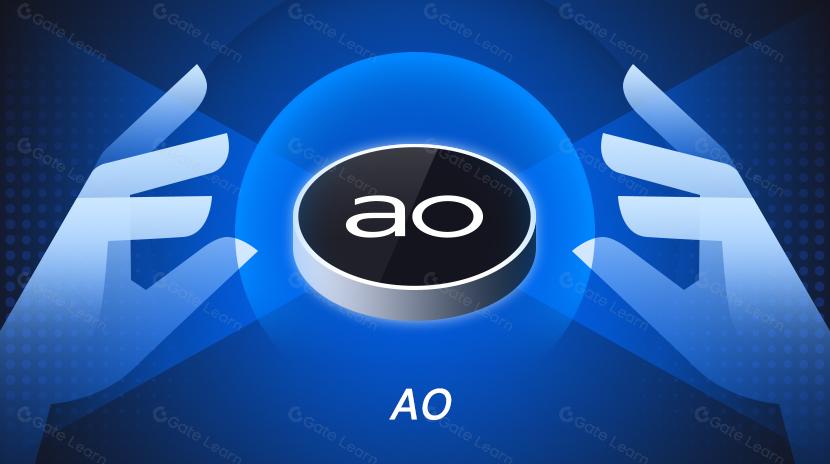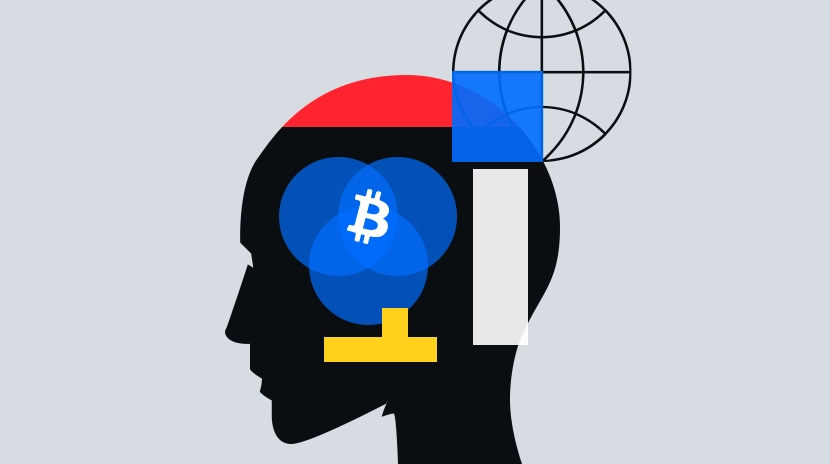zkml

What Is Zero-Knowledge Machine Learning?
Zero-knowledge machine learning is a technique that wraps the “inference process” of a model into a zero-knowledge proof. This allows others to verify that “your computation is correct” without revealing the underlying model or input data. Think of it like presenting a payment receipt to prove you have paid, without exposing the full list of items you purchased.
A zero-knowledge proof is a type of mathematical proof that acts as a compact piece of evidence. Anyone can quickly verify its validity, but no additional information is revealed. In machine learning, inference refers to the process where a model receives input and produces output—for example, determining if an image contains a cat. Zero-knowledge machine learning combines these concepts so that smart contracts on blockchain can verify whether the result (such as “cat or not”) is correct, without exposing either the input image or details of the model.
Why Is Zero-Knowledge Machine Learning Important?
Zero-knowledge machine learning resolves the contradiction between “trustworthiness” and “confidentiality”: results need to be trusted by multiple parties, but both the data and model often must remain private. This is especially important in blockchain environments, where on-chain data is transparent but not suitable for handling sensitive information directly.
In real-world scenarios, institutions are unwilling to expose proprietary model parameters or trade secrets, and users are concerned about privacy. Regulators require verifiable compliance, while on-chain applications demand low costs and high trustworthiness. Zero-knowledge machine learning allows for both verifiability and privacy, making it a key bridge between AI and Web3.
How Does Zero-Knowledge Machine Learning Work?
The core principle is “commit first, then prove, then verify.”
Step one: Commit the model parameters and inputs by hashing them—think of sealing items in an envelope with a label on the outside.
Step two: Complete inference locally and generate a concise proof that “using this model and this input, you get this result.”
Step three: Submit both the result and the proof to a verifier or smart contract; the contract only checks the proof’s validity and never peeks inside the “envelope.”
There are two main approaches to zero-knowledge proof systems:
- zk-SNARK: These proofs are short and fast to verify—similar to an SMS verification code—and are well-suited for rapid on-chain validation. Think of them as compact, efficient proof formats.
- zk-STARK: These do not require complex trusted setups and offer better scalability—akin to a more transparent ticket verification process.
To make model inference provable, you need to translate the model’s operations into a verifiable computational description, usually referred to as a “circuit.” Imagine breaking down complex computations into many small, easily checked steps. A proof system then generates a proof for this “circuit.”
How Does Zero-Knowledge Machine Learning Operate on Blockchains?
On-chain operations generally follow an “off-chain inference + on-chain verification” paradigm. The user or service provider performs inference and generates proofs off-chain; the smart contract on-chain only verifies the proof, thus avoiding expensive on-chain computations.
Step one: Submit commitments. Hashes of the model and input are submitted on-chain or kept as offline records to indicate which model and input were used.
Step two: Generate proofs. Locally or server-side, generate a zero-knowledge proof demonstrating that “this inference was performed using the committed model and input, resulting in R.”
Step three: On-chain verification. Invoke the smart contract validation function, passing in the result and proof. The contract checks the validity of the proof; if successful, the result can be safely used as trusted data.
On public blockchains like Ethereum, the cost of verifying each proof depends on the chosen proof system. As of 2024, mainstream succinct proofs can be verified at costs acceptable for most applications, often within a few dollars (depending on network congestion and contract implementation). To reduce costs further, common strategies include moving verification to Layer 2 networks, using recursive proofs to merge multiple inferences into one verification, and employing batch verification to minimize overall expenses.
What Are the Use Cases for Zero-Knowledge Machine Learning?
Zero-knowledge machine learning is ideal for scenarios where results must be trustworthy but details must remain confidential.
- DeFi credit scoring and risk assessment: Use transaction history and on-chain behavior to calculate user risk scores; only the correctness of the score is verified on-chain, without exposing user profiles. For example, lending protocols can require a verifiable proof that “risk does not exceed threshold” before adjusting collateral.
- Oracles and price signals: Models detect volatility or anomalies; detection results are verified on-chain without disclosing model structures or training data, reducing attackers’ ability to reverse-engineer models.
- Gaming and anti-cheat: Servers use models to judge abnormal player behavior; on-chain competitions or reward contracts only verify “valid judgment” without revealing rules, lowering risks of evasion.
- Content moderation and compliance: Models screen content off-chain; on-chain only verifies “pass/fail” proofs, balancing transparency with privacy.
- Exchange risk control (conceptual): In Gate’s risk management scenarios, certain abnormal trading alerts can be posted on-chain via zero-knowledge machine learning. Contracts verify whether “alert is valid” without exposing rules or user data, enabling triggers for limits or delays.
How Does Zero-Knowledge Machine Learning Differ from Traditional Privacy Solutions?
Zero-knowledge machine learning can complement but does not replace TEE (Trusted Execution Environment), MPC (Multi-Party Computation), or homomorphic encryption—each has its own focus.
- Compared with TEE: TEE is like “running computations in a secure room,” relying on hardware security and remote attestation. Zero-knowledge machine learning is more like “taking computation results out with cryptographic proof”—the verifier does not need to trust the execution environment. TEE offers strong performance but requires trust in the hardware supply chain; zero-knowledge proofs are more open but add extra computational cost.
- Compared with MPC: MPC allows multiple parties to jointly compute results without revealing private data; zero-knowledge machine learning emphasizes “single-party computation, universally verifiable by anyone.” If multi-party joint training or inference is needed, MPC is more suitable; if results need to be verified by any third party, zero-knowledge machine learning is more direct.
- Compared with homomorphic encryption: Homomorphic encryption enables computation directly on encrypted data—the output remains encrypted. Zero-knowledge machine learning provides a proof of “correctness” of computation. The former protects privacy during computation; the latter allows anyone to verify results without decrypting them.
In practice, these solutions are often combined—for example, accelerating proof generation within TEE or using MPC for joint training followed by zero-knowledge proofs for inference results.
How Can You Start Practicing Zero-Knowledge Machine Learning?
Getting started involves three main phases:
Step one: Define your objective. Choose a specific decision task such as “is this transaction abnormal?” or “has price crossed a threshold?” instead of open-ended generation; specify which parts must remain confidential (model parameters, input data, thresholds).
Step two: Model selection and circuit construction. Pick lightweight models (e.g., small tree models or submodules of convolutional networks) and convert inference steps into verifiable basic operations (“circuitization”). The simpler and smaller the model, the faster the proof generation. Fix precision levels and operator ranges to avoid floating-point complexity in circuits.
Step three: Proof generation and contract deployment. Select a proof system and implement a verification contract; deploy on Layer 2 or Rollups to reduce costs; reserve interfaces for batch processing or recursion. Implement logging and replay testing to ensure consistency between off-chain inference results and on-chain verification.
On the engineering side, pay attention to consistency in data preprocessing (off-chain preprocessing must be provable), fix randomness and seeds (for reproducibility), and implement rate limiting and access controls to prevent model leakage through excessive queries.
What Are the Risks and Limitations of Zero-Knowledge Machine Learning?
Zero-knowledge machine learning is not a silver bullet; its primary limitations revolve around performance and cost.
- Proof generation overhead: As of 2024, proving times for lightweight models have dropped from minutes to seconds or tens of seconds, but complex models remain slow and may require GPUs or dedicated accelerators.
- Verification costs and on-chain availability: Mainnet verification fees depend on network conditions and contract implementations; consider strategies such as Layer 2 deployment or batch verification.
- Model size and precision: Circuitization and integerization may require simplifying models or lowering precision—there’s always a tradeoff between accuracy and proving speed.
- Privacy side channels: Even without revealing the model, attackers may infer boundaries through excessive queries; mitigate with rate limiting, noise injection, or releasing results at different granularity.
- Financial and governance risks: In asset-related contracts, mistakes in verification logic or parameters could lead to faulty settlements; thorough auditing of contracts and proof workflows is essential, along with failover mechanisms.
What Are the Future Trends in Zero-Knowledge Machine Learning?
Industry trends point toward three main advancements:
- Recursion and batching: Combining multiple inferences into one succinct top-level proof allows on-chain validation with just one check—significantly reducing costs and improving speed.
- Specialized hardware and operators: Optimizing proof circuits for common operations (convolution, activation functions, tree splits) combined with GPU/ASIC acceleration reduces proof generation time.
- Integration with large models: Using distillation techniques or decomposing large models into verifiable subtasks enables “verifiable small models” to act as trusted on-chain arbiters; sensitive scenarios can use “proof-wrapped” judgments instead of full generation.
As of 2024, proof sizes have shrunk to tens or hundreds of kilobytes, verification costs are manageable, and ecosystem maturity supports initial deployments for rule-based decisions or threshold detections—before gradually expanding into more complex use cases.
Summary of Zero-Knowledge Machine Learning
Zero-knowledge machine learning brings together “trustworthy verification” and “privacy protection” for blockchain scenarios: offline inference generates succinct proofs which are rapidly verified on-chain, allowing smart contracts to securely consume results. In practice, choosing clear-cut decision tasks, lightweight models, and Layer 2 networks is currently most feasible. Combining ZKML with TEE, MPC, or homomorphic encryption offers a balanced approach between performance and privacy. For asset-related or risk-control applications, incorporate auditing, rate limiting, and failover designs to safeguard funds and data integrity.
FAQ
What is the fundamental difference between zero-knowledge machine learning and traditional machine learning?
The core distinction lies in privacy protection mechanisms. Traditional machine learning requires raw data to be uploaded to centralized servers for processing—raising risks of data leakage. With zero-knowledge machine learning, data owners perform computations locally and only share results along with privacy-preserving proofs; raw data never leaves their device. It’s like receiving a package without having to hand over your house keys—the courier only needs to verify your identity for delivery.
Is zero-knowledge machine learning particularly slow in real-world applications?
There is indeed a performance trade-off. Generating and verifying privacy proofs increases computational workload—typically making it 10–100 times slower than regular machine learning depending on model complexity. However, this overhead is often acceptable in privacy-sensitive fields such as medical diagnostics or financial risk management. Thanks to hardware optimizations and algorithmic advances, this performance gap continues to shrink.
Can I use zero-knowledge machine learning for cryptocurrency trading?
Absolutely. Zero-knowledge machine learning can be applied for on-chain risk detection and fraud analysis—identifying suspicious trading patterns while protecting user privacy. For example, when trading on Gate, background ZKML models can validate your account’s risk score without exposing your transaction history or asset size to the platform—achieving trustworthy yet invisible security protection.
Are zero-knowledge privacy proofs truly unforgeable?
Zero-knowledge privacy proofs are based on cryptographic principles that make them theoretically unforgeable. To counterfeit such proofs would require breaking fundamental cryptographic assumptions—something considered computationally infeasible with today’s technology. That said, security depends on implementation quality—so choosing audited and certified solutions is critical.
Do regular users need to understand the math behind zero-knowledge proofs to use zero-knowledge machine learning?
Not at all. Using ZKML is just like using any other software—you only need to know your privacy is protected. Developers and platforms encapsulate all cryptographic complexity behind user-friendly interfaces; with apps like Gate, you simply click through steps to enjoy privacy benefits—just as you use the internet without knowing TCP/IP protocols.
Related Articles

Arweave: Capturing Market Opportunity with AO Computer

The Upcoming AO Token: Potentially the Ultimate Solution for On-Chain AI Agents
